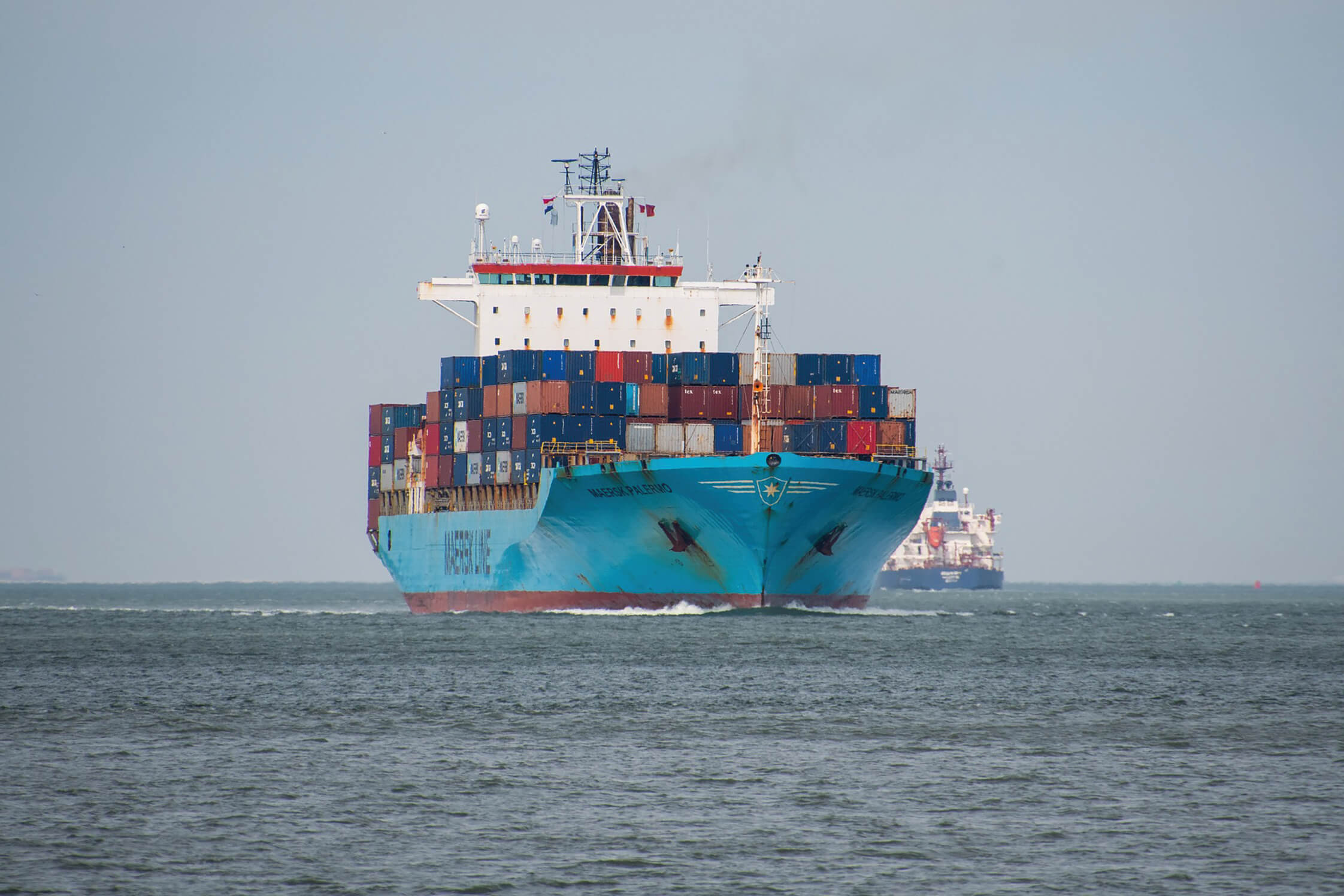Resources
A collection of free resources to help you raise funds and share the work we do

By Katie Earnshaw
Decarbonisation is without doubt one of the key drivers of day’s maritime sector. At an institutional level, there is widespread acknowledgement that seafarers are central to meeting the sector’s decarbonisation obligations. To date, however, discussions have focused primarily on the pressing need to ensure that seafarers have the training and skills they require to operate more complex technologies and handle potentially more hazardous alternative fuels.
Through daily conversations with seafarers via both our helplines and in-person work in India and the Philippines, we became concerned that the urgent pressure to decarbonise could be having a detrimental effect on the wellbeing of some seafarers. For this reason, in 2023, the International Seafarers’ Welfare and Assistance Network (ISWAN) partnered with The Shipowners’ Club to carry out a survey asking seafarers about the impact that the rapid adoption of new technologies and regulatory regimes is having on their mental health and job satisfaction.
The survey received 400 valid responses from seafarers of 29 different nationalities, with 97% identifying as men. Just over 40% were engineering officers and 39% were deck officers.
The majority worked on oil tankers (37.9%), chemical tankers (25.3%) or cargo ships (20.2%) and just over half (54.8%) worked on vessels without a fixed trading pattern.
The survey indicates significant support in principle from seafarers as regards the decarbonisation agenda, with many expressing their concern about the climate emergency. The findings indicate, however, that for many seafarers, the potential benefits of more modern and sustainable ships are countered by the detrimental effect of rapid change on their wellbeing.
The most significant impact related to the increase in workload associated with adapting to decarbonisation technologies and reporting requirements, with over half (53.8%) stating that the impact on their workload had been negative. For 44.0% of respondents, this was associated with increased stress, while 40.1% reported increased fatigue.
Almost a third (32.8%) reported increased fears of criminalisation due to the complexities of overlapping regulatory regimes.
The negative impacts on wellbeing were more pronounced among engineers, who are tasked with the complexities of handling multiple fuel types, particularly those without fixed trading patterns.
Improve support
ISWAN’s survey suggests that while many seafarers understand the urgent need to decarbonise shipping, proactive steps are needed to better support their wellbeing through the zero-carbon transition. The survey findings point to a number of concrete actions that maritime employers can take, including mitigating against the impact of decarbonisation on workloads, acknowledging the psychological impact of rapid change and technostress, reducing duplication through more cohesive system design, and continuing to build inclusive, just cultures which allow seafarers to speak out about concerns without fear of recrimination.
Above all, ISWAN’s survey points to the need to valorise seafarers as crucial partners in the decarbonisation journey. The industry can benefit from their expertise and continue to build a sense of partnership by proactively consulting seafarers in decision-making about the development and implementation of new technologies. As one seafarer stated: “I am a big supporter of decarbonisation and taking steps to reduce our negative impact on the planet and our surroundings. I just wish it was done in a much better way.”
Having their concerns about decarbonisation acknowledged and acting on their suggestions for change would be an important step in empowering seafarers to be proponents and drivers of the journey towards zero carbon, rather than becoming another factor that risks driving many out of the industry.
Katie Earnshaw is ISWAN’s policy and research advisor. ISWAN’s survey on the impact of decarbonisation on seafarers’ wellbeing was sponsored by The Shipowners’ Club. The survey findings are available to download on ISWAN’s website.